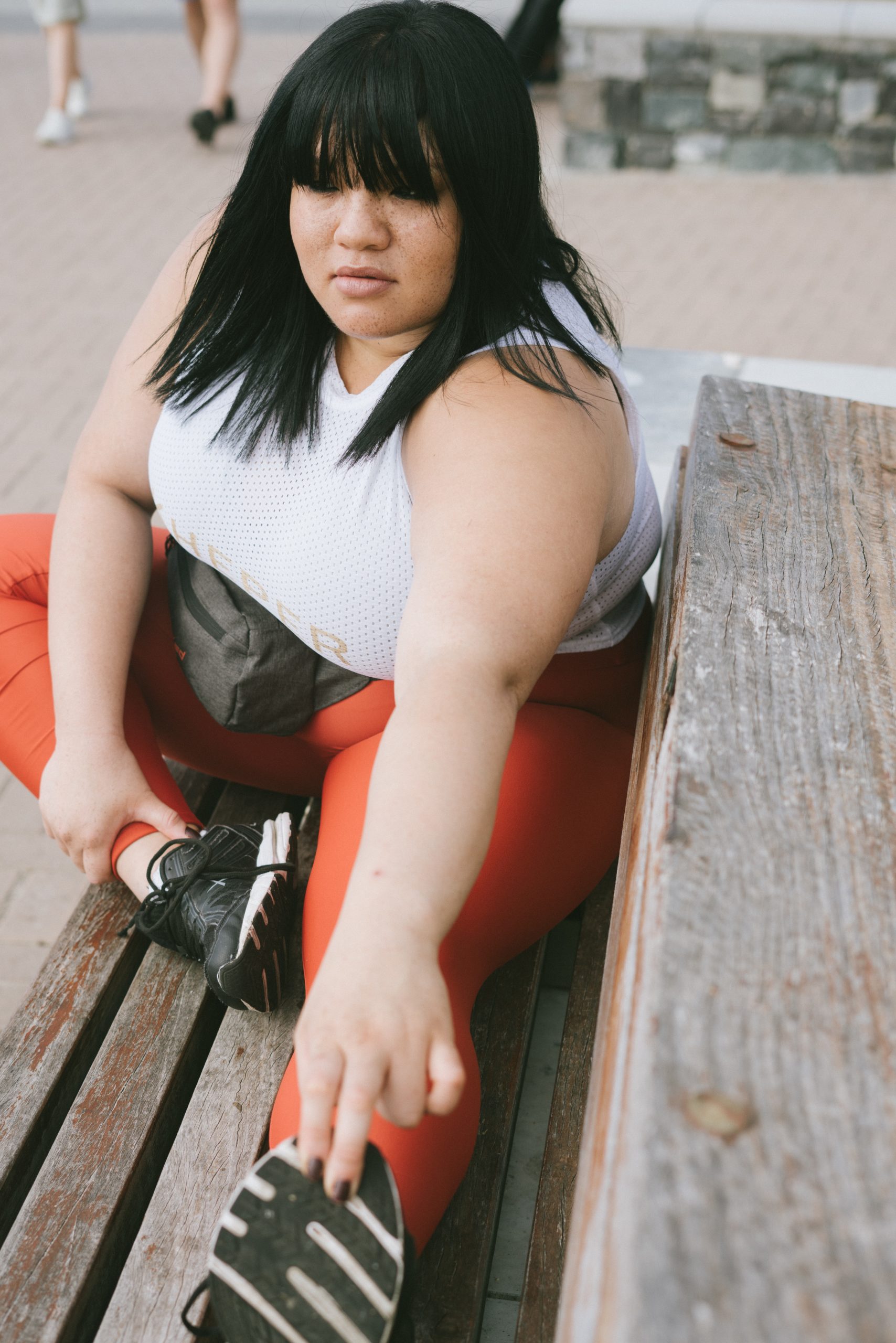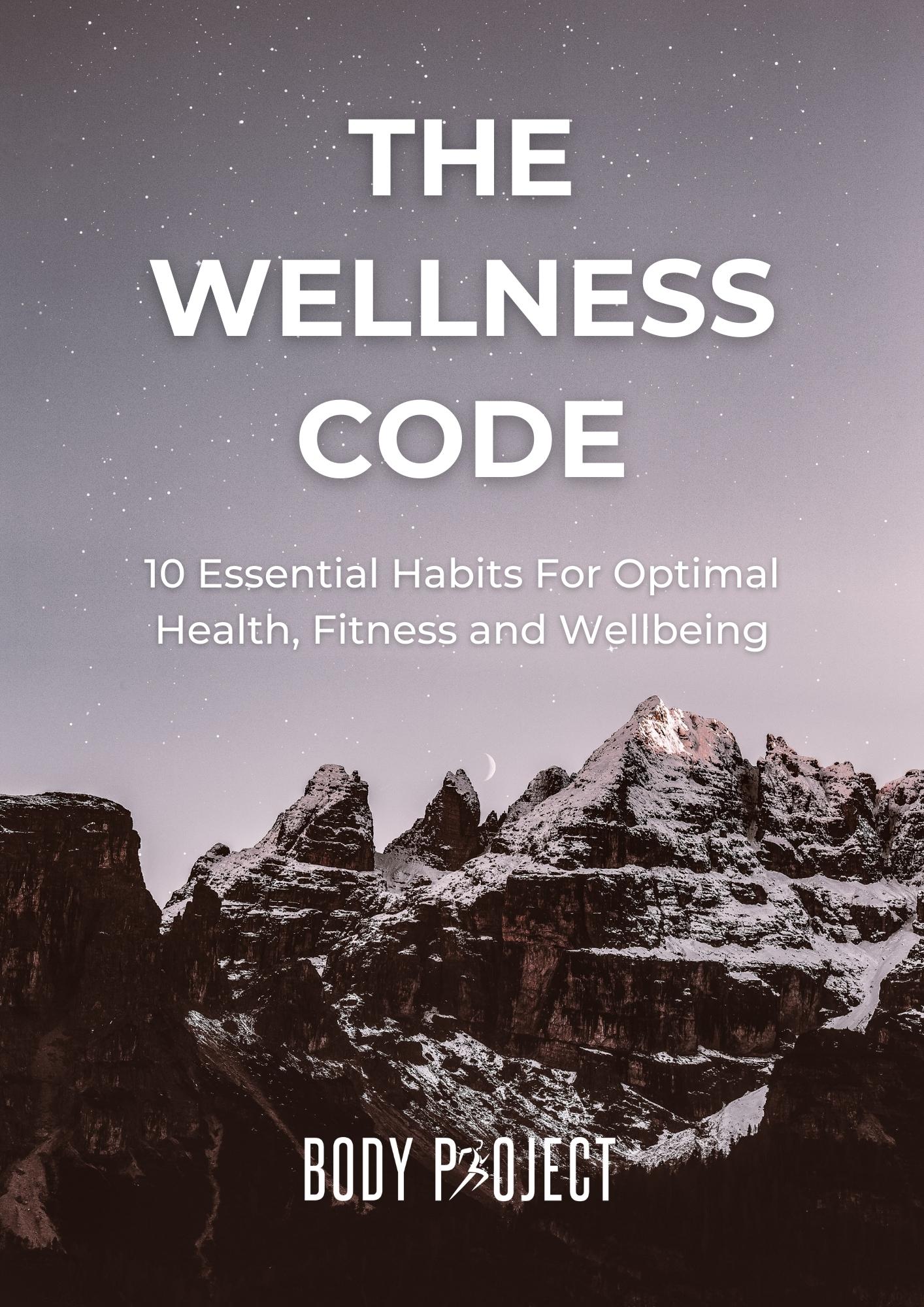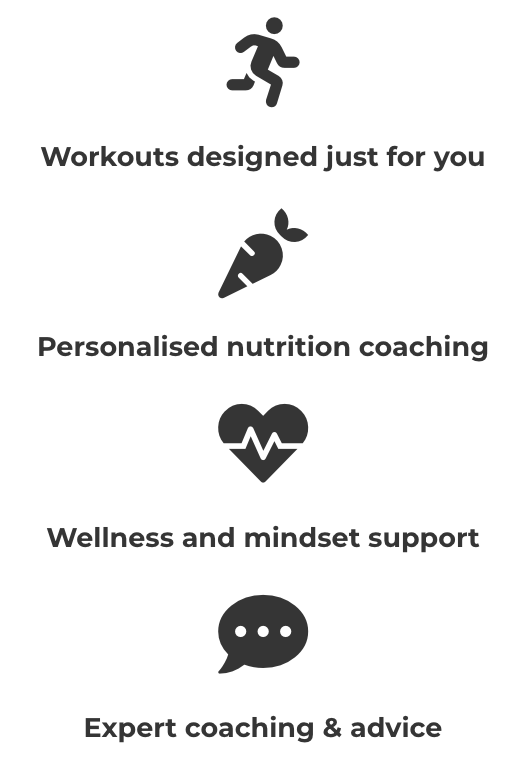Sign Up For Special Offers & Exclusive Content
Have you ever felt frustrated with yourself for not exercising enough, or making poor food choices? Ever checked your bank statement to see that your gym membership has come out as usual, even though you haven’t used it in weeks? Do you feel ashamed or guilty about your bad habits, but find yourself repeating them anyway, unable to break the cycle?
In this article you'll learn how to build better habits.
With the pressures of working life and easy access to indulgences like fast food and alcohol it’s not easy to make good choices in today's world. Recognising that you need to change long term habits and even your beliefs around exercise and food can feel overwhelming. Often we find ourselves stuck in a cycle of frustration, bad habits, and shame.
If more people understood the psychology behind decision making, including why we sometimes make poor decisions around exercise and nutrition, then we’d be better prepared for life’s challenges and kinder to ourselves in the process. It can be easy and empowering to start making healthier decisions, which makes it possible to build those choices into better habits over time.

Your Environment Influences Your Habits
We’re so closely interconnected with our physical, psychological and social environments that it'd be impossible not to be affected by lifestyle changes. Some of the most common reasons people stop following their exercise & nutrition plans are:
- Changes at home, eg moving or a new baby;
- Changes at work, eg increased demands or a new job;
- Holidays including weddings, travel, and Christmas
- Changes to their health status.
People are at a higher than usual risk of falling out of existing habits when changes to their environment occur, regardless of whether we view these changes as positive or negative (although negative ones do seem to be more negatively impactful), and this is a constant consideration for me as a coach. It's interesting to note that habits which have been solidified over many years are much tougher to break.
Your environment may not be optimal for you to exercise or eat well at the moment. It may never be. In times of stress and change it can be easy to stop doing the things you need to stay healthy. In reality, the more life throws at you, the more you’ll want to reinforce yourself with great healthy habits. We need to be able to adapt quickly and effectively to lifestyle interruptions.
Even when things are going well, your health and wellbeing must remain paramount. The healthier you get, the more important it is to focus on maintenance. Wellness is a lifestyle, not a destination.
People who manage lifestyle interruptions well are:
Intentional about shaping and maintaining their environment
Flexible and adaptable in their approach
Clear on which habits they want to build and why
Willing to put in consistent effort for long term results
Prepared to research and seek help/advice relating to their goals/problems
Building Better Habits
Choice Architecture
This term refers to the art of cultivating an environment where it's easy to make the best possible choices.
You have the ability to shape your environment in many ways to set your future self up for success. For example, buying only a certain type or number of snacks per week to have around the house, pinning your goals up on the wall, or laying out your workout clothes the night before can help you to make better choices in the near future.
Exercise Habits
It's important to acknowledge the resources you have available for exercise, including equipment and space. You may have the luxury of a spacious, well-equipped gym, or you might be working out from home with no equipment, minimal floor space and low ceilings. Taking stock in this way will enable you to prepare in advance, making it easier to adopt a good habits over time.

If working out from home, we'd recommend investing in some affordable equipment such as a set of large resistance bands. A good set of 4 different strengths will enable you to find effective alternatives for most if not all strength training movements, without taking up much space in your home. If you have a bigger budget and more space then a good set of dumbbells will help you keep fit for a lifetime. A pair each of light, medium, and heavy dumbbells (of course this is very subjective! Ask your coach for more specific advice) is ideal for most people who train for general strength, fitness and wellbeing. I'd recommend Rogue Fitness as a high quality and trustworthy brand for gym equipment.
You don't necessarily need to buy equipment to work out at home, but it does help. If you're training equipment-free, you might need to be a little more creative to get the desired effect, or be okay with having a more limited repertoire of exercises.
- Stay in touch with why you’re doing what you’re doing, especially if you’re not enjoying exercise itself;
- Find things to enjoy about training, even if it’s just the post-workout high;
- Decide upon and maintain a minimum level of consistency;
- Start easy and build up gradually to keep things sustainable.
Nutrition Habits
One of the most common complaints we hear from clients is about not having the time to cook proper meals. However, when asked how much time they spend on social media every day, they usually go quiet and squirm a little. It's about making the time, not "finding" it. Even if you’ve plenty of time to cook, you might find that your emotional state, food availability, or other factors can reinforce the temptation to make poor choices.
In his book "The Marshmallow Test", psychologist Walter Mischel explains that when making these types of decisions we overestimate present pain, for example the work of cooking a meal from scratch, and underestimate future pleasure, in this case the nutritional and other benefits. In simple terms, this means we tend to gravitate towards tasks that supply us with instant gratification.
Whilst choosing to cook a healthy meal over watching Netflix might be the ideal choice in from a rational perspective, Mischel's fascinating psychological finding informs us that we still need to make the good decisions easier to make, and the bad ones harder.
- Plan & prepare your meals in advance;
- Learn to be mindful before, during, and after eating. Eg. Why am I eating? How does this food make me feel?
- Don’t keep more snacks around than you’re willing to eat;
- Buy pre-chopped or frozen vegetables to save time and effort;
- Dial your calories up and down as your activity levels fluctuate.
Lifestyle Habits
What you do with your day matters. For example, what time you wake up, where you are in the world, and the people around you all influence your decision-making. Whilst you may not have control over some lifestyle factors, there are many over which you do. For instance:
- Get ahead on sleep the night before to make mornings easier;
- Practise mindfulness or some other stress relieving practise daily;
- Keep your space clean, tidy and organised;
- Be discerning about who you share space with;
- Dedicate different times and spaces in your home for different moods/activities;
- Have as much “good stress” and as little “bad stress” as possible;
- Set limits for social media use on all your devices.
What Are The Best Habits?
When it comes to lifestyle design, there's no "one size fits all" formula. This means it's usually best to work with a coach who can help you get clear on your goals, identify areas for improvement, and work through challenges as you decide upon and develop the best habits for you. Online Coaching supports you to build the exercise, nutrition and lifestyle habits you need to live your best life.
How To Build A Routine You Can Stick To
Consistency is key if you want to see results that stand the test of time. Quick fixes rarely provide lasting solutions. Intensive, short term training and diet programmes fuel cycles of binging and purging, exercise and inactivity, commitment and resignation... none of which are sustainable or realistic long term strategies.
Whilst they may not offer instant gratification, the tips below will help you remain consistent, adaptable, and motivated to maintain your new healthy habits:
- Budget your available resources (time, energy, money, etc) realistically;
- Proactively and pre-emptively manage stress;
- Aim to maintain, growth is a bonus;
- Be kind to yourself as you learn to implement new habits;
- Keep trying when you make mistakes (which you will).
Perfectionism Is Procrastination
Before I leave today, a word of caution… Try not to get too caught up in shaping the perfect environment. You don't have to wait for everything to be in place to start building better habits.
“Perfection is not attainable, but if we chase perfection we can catch excellence.”
- Vince Lombardi
Search Posts
Free Download
Popular Posts
Discover Online PT
Read More Helpful Articles
Subscribe For New Post Updates
Receive new posts, special offers, discounts, plus exclusive content that we only send out via email.
Don't miss out!







